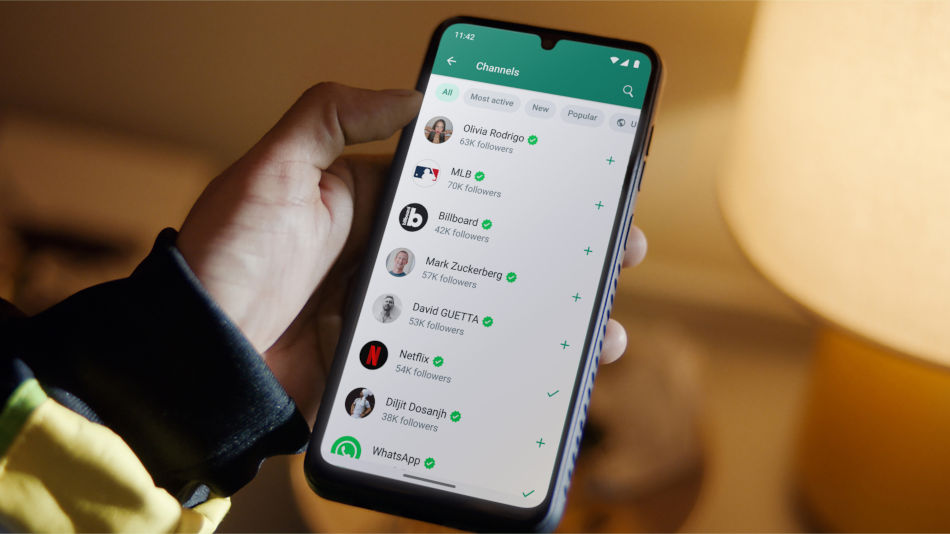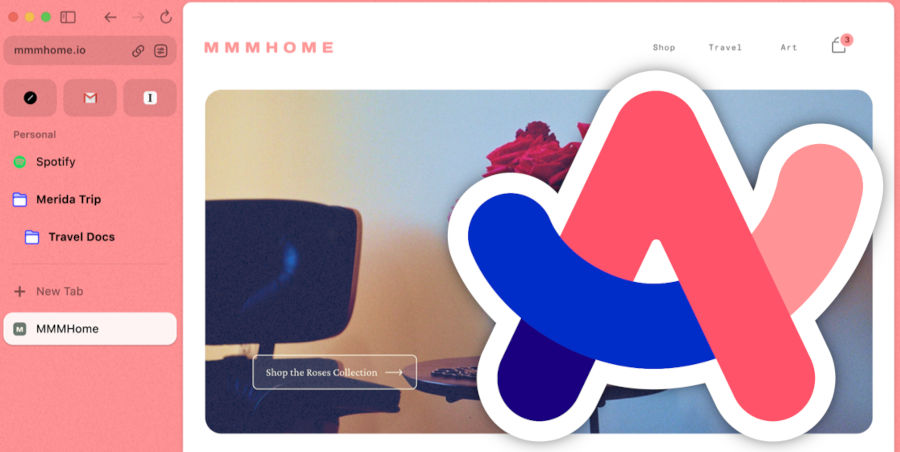
Enhancing Privacy: WhatsApp’s New Chat Lock and Username Support Features
Strengthening Security and Convenience Across Multiple Devices
NEWS Apps February 12, 2024 Reading time: 2 Minute(s)
Privacy and security have become paramount concerns for users across various platforms. WhatsApp has been consistently striving to address these concerns while also enhancing user convenience. In recent developments, WhatsApp has announced upcoming features that promise to further fortify privacy measures and streamline communication across multiple devices.
Until a few years ago, using WhatsApp across multiple devices seamlessly was a challenge. However, the introduction of linked device functionality revolutionized the user experience. This feature allowed users to designate a primary device for message reception while utilizing secondary devices such as Android, iOS, Web, Windows, and macOS for message synchronization. Now, WhatsApp is poised to introduce a new chat lock feature, which promises to elevate privacy to another level.
Currently, Android and iOS users have the ability to lock individual chats behind their device's passcode, Face ID, fingerprint, or a secret code. However, a notable loophole exists - these locked chats remain accessible on the Web, Windows, and macOS platforms. As reported by WaBetaInfo, WhatsApp is diligently working on a solution to synchronize chat locks across all linked devices. This means that when a user locks a chat on one device, it will automatically be secured on all other linked devices, thereby ensuring consistent privacy protection across platforms.

WHATSAPP "CHAT LOCK" FEATURE [IMAGE CREDITS: WABETAINFO]
Although this feature is still in the development phase and not yet available to consumers, its potential impact on enhancing privacy is substantial. Users can look forward to a more cohesive and secure messaging experience once this feature goes live.
In addition to the chat lock functionality, WhatsApp is also progressing towards implementing username support. This feature aims to simplify communication by allowing users to engage with others without divulging their phone numbers. While WhatsApp traditionally relies on phone numbers for authentication, the introduction of usernames will align the platform with conventional practices observed in many other instant messaging applications.
The integration of usernames not only enhances privacy by minimizing the exposure of personal phone numbers but also facilitates smoother communication, especially in professional or group settings where sharing phone numbers may not be preferred.
SOURCE AND IMAGE CREDITS: WABETAINFO | COVER IMAGE: META
*Our pages may contain affiliate links. If you buy something via one of our affiliate links, Review Space may earn a commission. Thanks for your support!
CATEGORIES

























COMMENTS